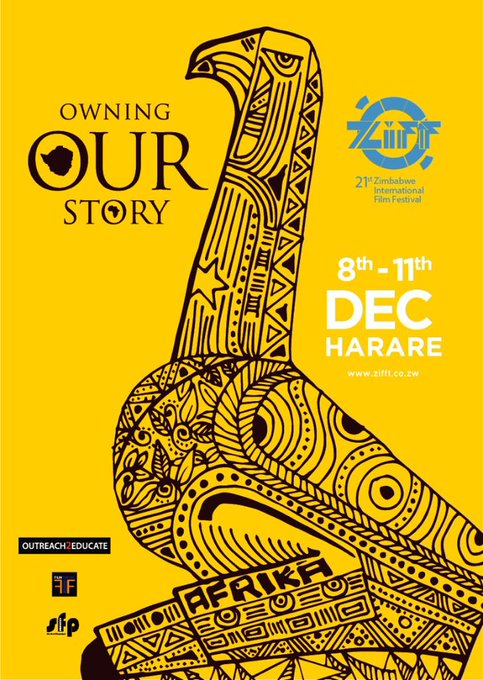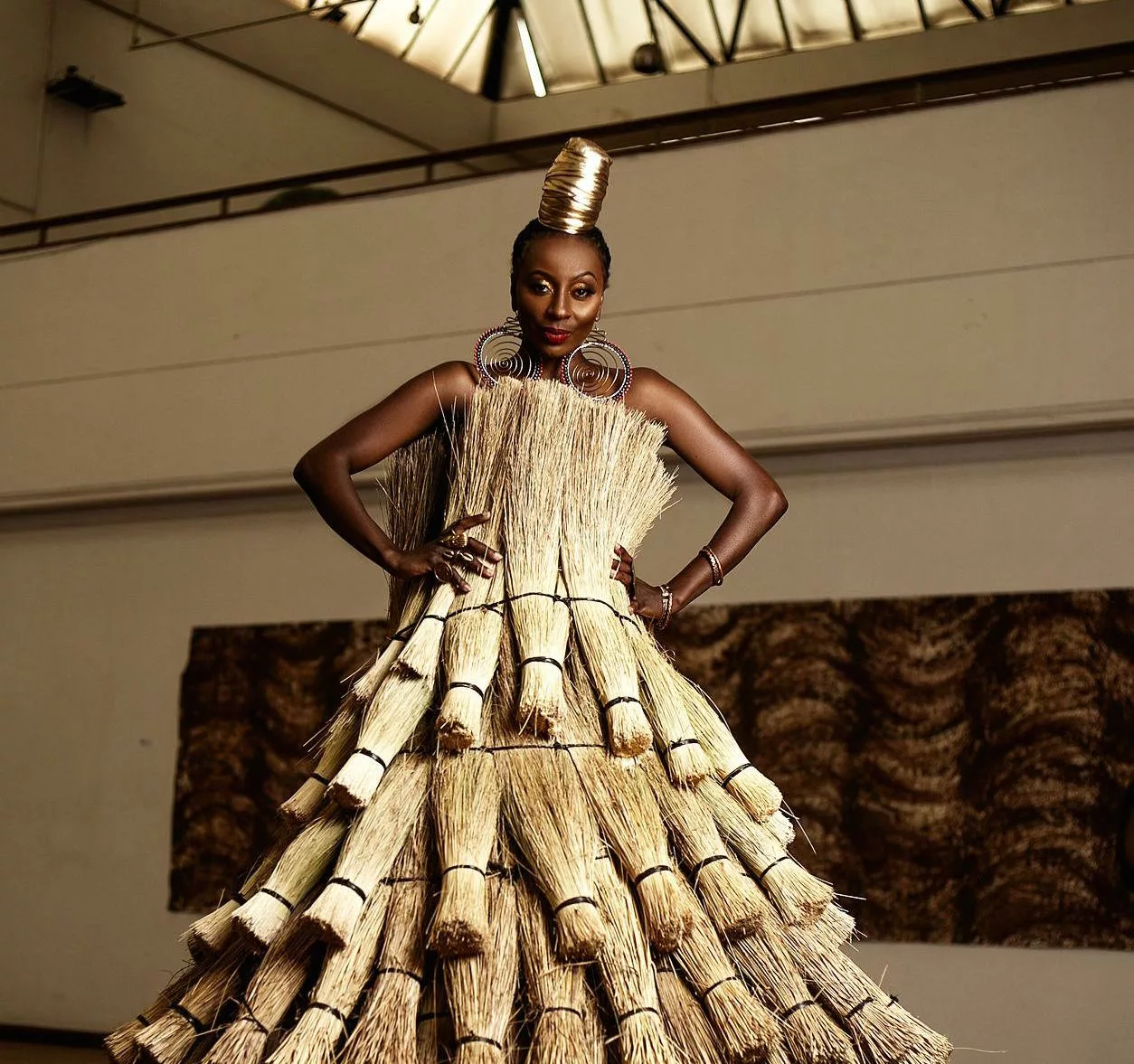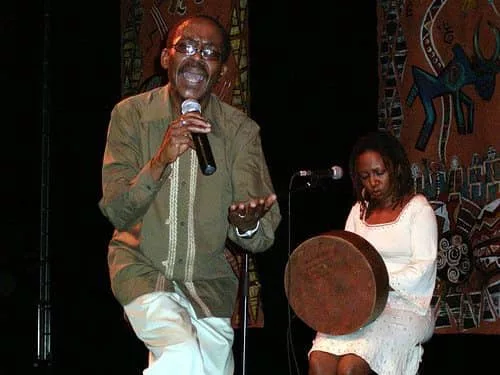|
Getting your Trinity Audio player ready...
|
The recently-held 21st edition of the Zimbabwe International Film Festival (ZIFF) which ran from the 8th to the 11th of December, under the theme “Owning Our Story” was a new and different experience, with a lot of lessons for the young festival team. The keywords drawn from the festival were: “adaptability in the face of the new normal”.
With national Covid-19 regulations being revised just a few days before the festival was set to begin, the festival organizers had to quickly adjust the events to enable festival-goers to return to their homes before the new stipulated curfew time.
Fortunately, ZIFF had forged a new partnership with Area 46 – The Live Streaming Company, which meant that all the live events were also streamed to the online audience through the festival website. The online streaming saw hundreds of people attending the festival virtually. The wonderful thing about this new development is that if anyone missed anything, they have the opportunity to catch all the events online all over again.
The festival opening night, held at the Theatre in the Park in the Harare Gardens, was a celebration of indigenous culture, dance, food, and knowledge systems, brought to life on the stage and screen. Following a breath-taking dance performance by members of the Zimbabwe National Traditional Dancers Association (ZNTDA) and thought-provoking Welcome Remarks from ZIFFT Board member Solomon Maramba, the audience was treated to the opening film “Gather”, a documentary film by director Sanjay Rawal.
This film – an unexpected choice to many, especially considering the festival’s emphasis on the “Narratives from Zimbabwe” and “owning our own story”, was a testament to how all indigenous people around the world belong to a common movement towards reconnecting with a past they were brutally severed from, as a result of colonization and more recent effects of globalization. The film showed what a narrative can look like when we change the lens with which we view our own indigenous practices.
In a discussion after the screening of the documentary film, led by the vivacious Director of Ceremony, Zaza “Zazalicious” Ndlovu, members of the audience noted the similarity in the indigenous food systems of the First Nations Americans and Zimbabwean cultures – with a scene from the film bringing older generations to recall how they too grew up hunting for “mbeva”, a delicacy that the younger generations, especially those growing up in the urban areas, aren’t too familiar with.
There were also comments around the movement towards growing small grain crops, as our people did in the past before the advent of cash crops such as tobacco, cotton, and corn in our country. The film certainly triggered those present to want to see more positive depictions and documentation of our own traditional and indigenous cultural practices, for the benefit of future generations, as well as to show the rest of the world who we truly are.
The festival was a hybrid (online and in-person) mix of film screenings, discussions, and workshops, with over 25 productions being screened and streamed to audiences over the four days. Workshops that ran alongside the festival include an Introductory Session to the Short Film Project, Animation and Traditional Dance Workshops for children, and a Hackathon Ideation Session which saw a group of the tech-enthusiasts meeting to discuss how ICTs can be used to create innovative ways of presenting historical information and documentation from ZIFFT’s “Narratives from Zimbabwe” project.
The “Narratives from Zimbabwe” project was initiated by ZIFFT in 2019, with a crew travelling around many parts of the country, documenting Zimbabwe’s rich history and heritage. The interviews, footage, and photographs captured will be used to create a multi-media digital archive and interactive website that filmmakers and other creative content producers will be able to draw from as a reservoir of indigenous knowledge and inspiration.
Notable festival highlights this year included the Smartphone and Hi5 Short Film Competitions, sponsored by Telco Broadband and Beyond, MMX Rental, and Play Afrika TV. The two competitions, which ran under the theme “My Heritage”, gave new and emerging filmmakers the opportunity to showcase their talent, with a chance to win prizes that contribute to their growth as filmmakers.
Voting for both competitions was conducted online during the festival, with audience members showing support for their favourite film by rooting for it on the ZIFF social media platforms. The winning films were “Musengabere” by Robin Samaya for the Smartphone Short Film Competition and the Midlands State University student production “Tsvakai” for the Hi5 Short Film Competition. The winners walked away with a cash prize of $500 and an equipment hire voucher also valued at $500 respectively.
Another highlight was the premiere of the Play Afrika Original Series “Chisara”, which took place on the evening of Friday 10 December at the Zifft Hub in Kensington, Harare. It was all glitz and glamour as the production’s cast, crew, and fans came out in their numbers, dressed to impress and ready to have a great night out on the town.
The series, produced by InHouse Media in association with 263 Afrika Media, Mukandatsama Films, and Zambezi Motion Pictures, centres around the scandal and disputes following the death of a family patriarch. Set in a time during the pandemic, tragedy befalls the Chisara family and they have to deal with it whilst still being isolated from their friends and family. The drama series is a must-see and is available on the Play Afrika TV platform.
With the new format that the festival took this year, one can be forgiven for failing to make any comparisons between this year’s ZIFF and previous editions, which were organized and held during the pre-Covid era. It is a fact that the “new normal” has brought with it a complete paradigm shift in the way the festival was held this year, and many of these changes might be here to stay. The online streaming of events and films has meant that the festival is now able to spread to and interact with audiences beyond our borders, a welcome development which if adequately supported, fine-tuned, and streamlined can strengthen the festival and increase the impact and reach in years to come.
Friends and aficionados of the festival are reminded that they can relive every moment of the festival once again by visiting the festival website and social media pages. ZIFFT promises an exciting line-up of activities and events in 2022, with long-standing and new partners coming together in ground-breaking and inventive ways, to address and adjust to the “new normal”, while maintaining a sense of being the same friendly and welcoming “home” to both established and emerging filmmakers and creatives that the ZIFFT Hub has been known to be in the past.
About the Zimbabwe International Film Festival
The Zimbabwe International Film Festival (ZIFF) is the flagship programme of the Zimbabwe International Film and Festival Trust. The festival, first held in 1998, is a showcase of the best in film from Zimbabwe and around the world.
The Zimbabwe International Film and Festival Trust (ZIFFT) is a registered non-governmental arts organization dedicated to developing Zimbabwe’s Film Industry. ZIFFT’s mission is the discovery and development of Zimbabwean filmmakers, artists, and audiences; thereby contributing to vibrant, socially, and politically relevant, African storytelling through film. ZIFFT promotes imaginative story-telling and sustainable innovations in filmmaking, distribution, and exhibition in Zimbabwe and the African Continent.






